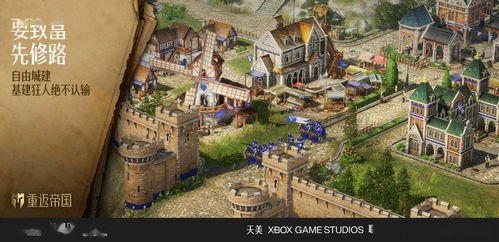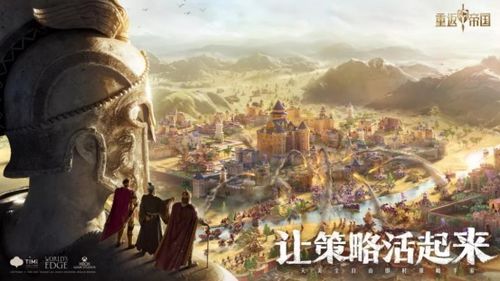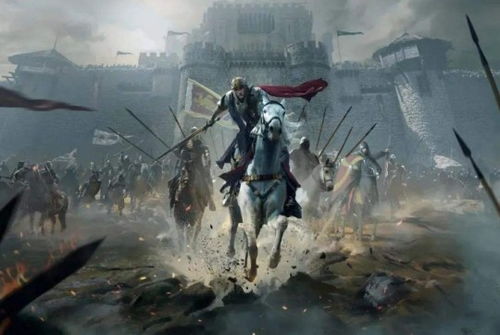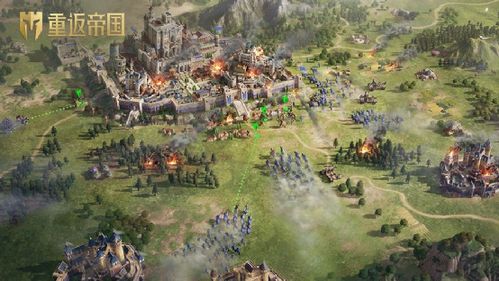来源:小编 更新:2024-12-09 12:20:21
用手机看

The concept of returning to an empire is a captivating one, evoking images of grandeur, power, and the rekindling of a bygone era. In this article, we delve into the various aspects of what it means to return to an empire, exploring historical contexts, cultural implications, and the potential challenges and opportunities that such a journey might entail.

Empires have been a defining feature of human history, with numerous civilizations rising and falling over the centuries. From the ancient Roman Empire to the British Empire, each empire left an indelible mark on the world. Understanding the historical contexts of these empires is crucial in comprehending the allure of returning to such a state of affairs. Empires were often characterized by vast territories, diverse cultures, and centralized power, which, while impressive, also came with significant challenges and consequences.

The cultural implications of returning to an empire are multifaceted. On one hand, there is the nostalgia for the perceived greatness of the past, the idea that an empire represents a pinnacle of human achievement. On the other hand, there is the recognition of the dark side of empires, including exploitation, oppression, and the erosion of local cultures. The cultural debate surrounding the return to an empire is a complex one, with strong opinions on both sides.

Rebuilding an empire is no small feat. It requires a combination of political will, economic resources, and military strength. One of the primary challenges is the need to balance the desire for centralized power with the need to respect the autonomy and cultural identity of the various regions within the empire. Additionally, the legacy of past empires often creates a sense of resentment among the former colonies, making the process of reconciliation and integration a delicate one.

Despite the challenges, there are opportunities for progress and development when returning to an empire. A centralized government can facilitate large-scale infrastructure projects, promote education and healthcare, and foster economic growth. Moreover, the diverse cultures within an empire can enrich the overall society, leading to a more vibrant and dynamic civilization.

In the modern era, technology plays a crucial role in the potential return to an empire. Advances in communication, transportation, and military technology can make it easier to govern vast territories and maintain control over distant regions. However, technology also brings with it new challenges, such as the potential for cyber warfare and the spread of dissenting ideas.

The political and social dynamics of an empire are complex and can be a source of both stability and instability. The balance between the ruling elite and the general population is delicate, and the need for social cohesion is paramount. Empires often face internal conflicts, power struggles, and the threat of rebellion, which can undermine their stability and longevity.

The legacy of empires is a rich tapestry of both triumphs and failures. By examining the past, we can learn valuable lessons about the nature of power, governance, and the human condition. The return to an empire is not just about reclaiming a past glory but also about understanding the mistakes of the past and striving to build a more just and equitable society.

The idea of returning to an empire is a compelling one, filled with both promise and peril. It is a journey that requires careful consideration of historical contexts, cultural implications, and the challenges and opportunities that lie ahead. Whether or not an empire can be successfully rebuilt in the modern world remains to be seen, but the discussion itself is a testament to the enduring fascination with the concept of empire.
